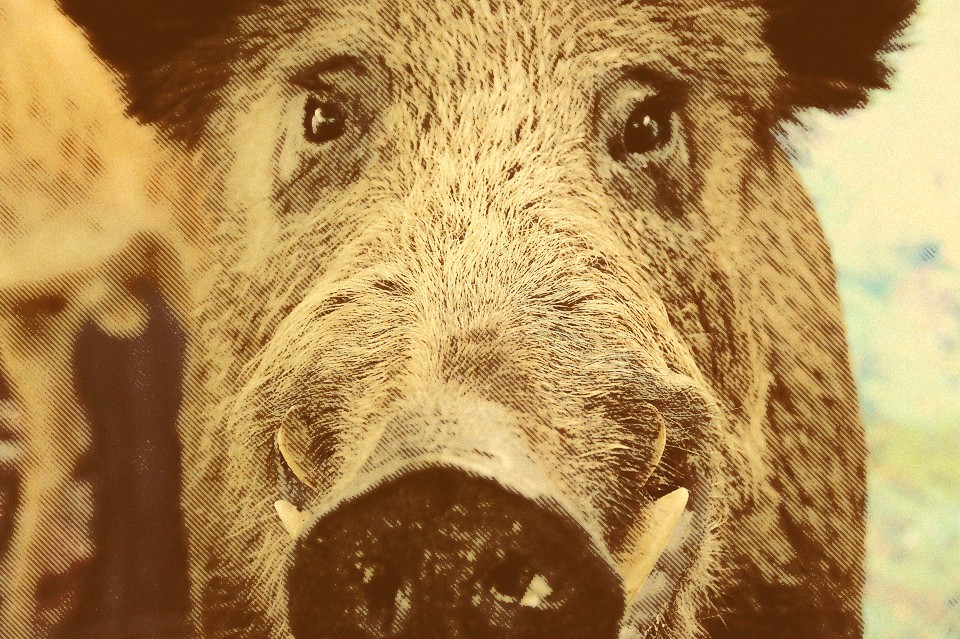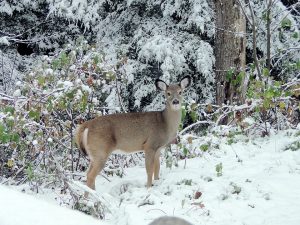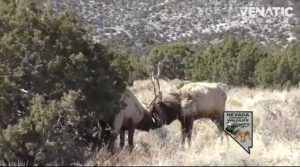An announcement came Monday from Texas Agriculture Commissioner Sid Miller stating that he had approved a controversial new way to handle the state’s exploding wild hog populations.
A poison referred to as “Kaput Feral Hog Lure” was officially approved in the Texas Administrative Code, and will be the first toxicant listed for use in controlling feral hogs in the state of Texas.
In what he is calling the coming of the “hog apocalypse”, Miller believes this to be the silver bullet in the long-standing war on the feral hogs inhabiting his state.
“This solution is long overdue. Wild hogs have caused extensive damage to Texas lands and loss of income for many, many years,” Commissioner Miller said. “With the introduction of this first hog lure, the ‘Hog Apocalypse’ may finally be on the horizon.”
Blamed for roughly $52 million in annual damage to agricultural operations alone, feral hogs have long been wreaking havoc on the landscape of the Lone Star State. These wild pigs contribute greatly to the loss of wetland habitation, water source contamination and soil erosion from wallowing and rooting behavior.
Manufactured by Scimetrics Ltd. Corp., the backbone of the toxicant is the common anticoagulant known as Warfarin. The ingredient, often used in rat poison products and even in small doses by medical practitioners to treat blood clots, has also been used in Australia to combat feral swine.
While reducing the feral hog population is undoubtedly necessary for Texas and many other states, the question of safety remains. What has many groups and individuals concerned is the possibility of infecting other wildlife and even humans as an unplanned by-product of placing poison on the landscape.
One such group is the Texas Hog Hunters Association who has already garnered staunch support to the tune of nearly 6,000 signatures on a change.org petition. In addition to unknowingly poisoning other wildlife, the organization is also concerned about the risk of human consumption, as many of the state’s hunters hunt and eat wild pigs on a regular basis.
“For Texas to introduce a poison into the equation is a bad decision in our opinion and could likely contaminate humans who unknowingly process and eat feral hogs,” the statement from the Association read on the petition page.
Neighboring Louisiana is also said to have expressed interest in utilizing Kaput as a method of defense against their feral hog populations, but is a cause for concern according to state wildlife veterinarian Jim LaCour.
“We do have very serious concerns about non-target species,” LaCour told the Times-Picayune.
“When the hogs eat, they’re going to drop crumbs on the outside, where small rodents can get them and not only intoxicate themselves but also birds of prey that eat them. Since the poison will be on the landscape for weeks on end, the chances of these birds eating multiple affected animals is pretty good,” he said.




